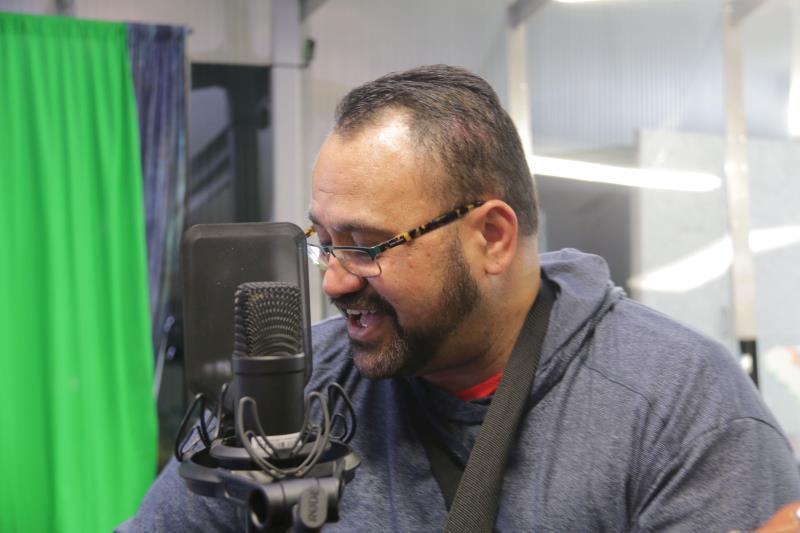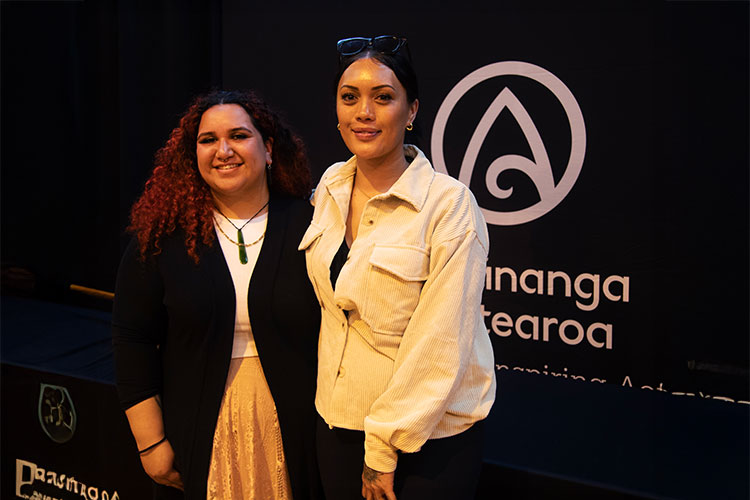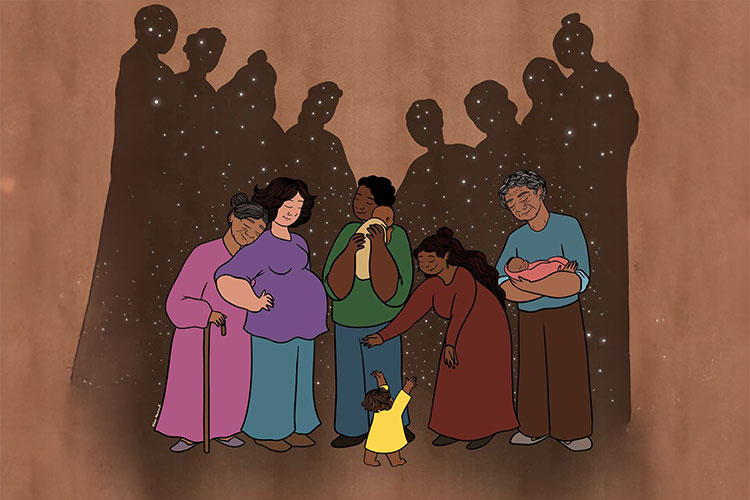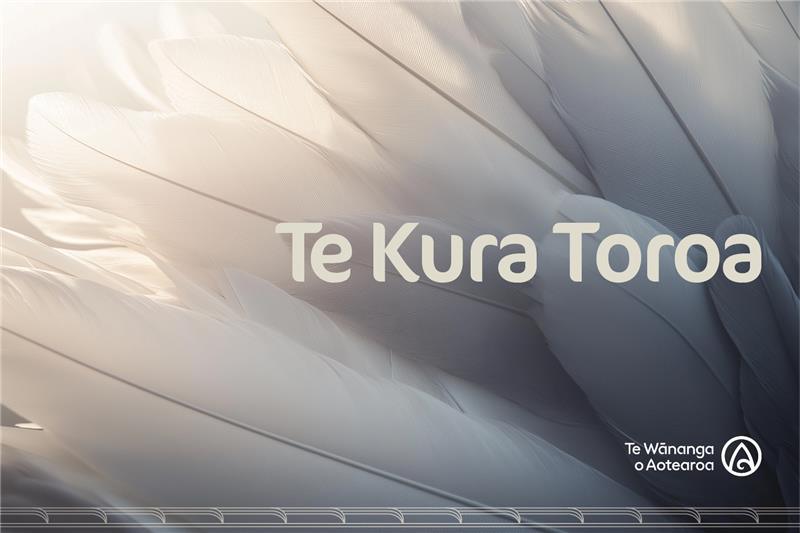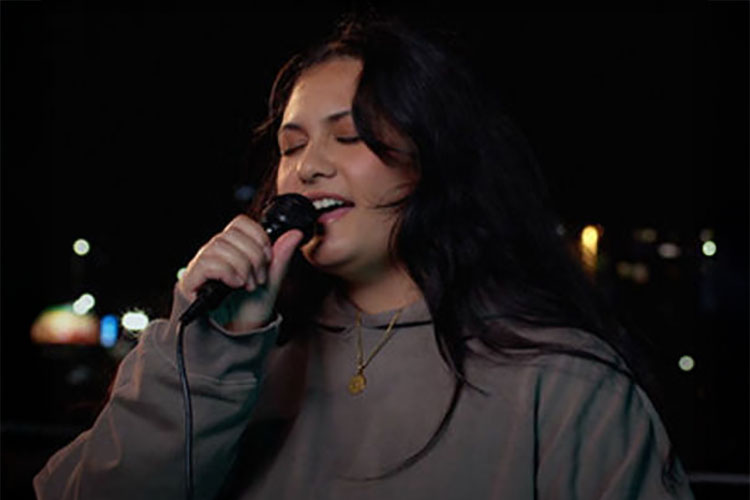Henare King is the first to admit he's not that hot with technology, preferring to steer his tauira towards the popular Innovation Hub at Māngere Campus for their hi-tech needs.
But now the Korowai Akonga kaiako is finding the hub instrumental in his own post-graduate studies, which sees him making an album of waiata for his whānau.
The practice-based learning co-ordinator for Primary Teaching is recording 12 songs as part of his He Waka Hiringa Masters of Indigenous Knowledge studies.
He says having the opportunity to explore the Innovation Hub to further develop his project really opened his mind.
"Going through school, the latest technology we had was a typewriter," he says.
"Even though I'm a school teacher and I've have been a principal, you sort of avoid technology because you might get tripped up. So coming in I was a bit anxious."
However, Henare found a place where Hub manager Kane Milne encouraged people to make mistakes. Kane took a group of He Waka Hiringa tauira through a variety of interactive activities involving cameras, videos and computer programming.
It was a process Henare enjoyed.
"What was important was that I could stuff it up, give it another go and it didn't matter."
And from this place of discovery, Henare had another revelation.
"I'd been offered to do my recording kaupapa with a radio station but there was a huge amount of money involved," he says.
"The one thing that really saved me with my ethics proposal for this year was when Kane said to me; 'The Hub's for our tauira'. I kept thinking of myself as a kaimahi and I forgot that I too was a tauira of Te Wānanga o Aotearoa. I'm so grateful this Hub is available for kaiako and tauira to come in and develop understanding around technology."
With Kane's guidance and vocal support from waiata composer Virginia (Ginny) Maxwell, Henare laid down 11 tracks in three hours.
Ginny is the daughter of Merlene Maxwell-Wehi, Manager of Te Kura Toi ki Porirua at Te Wānanga o Aotearoa, as well as being Henare's trusted friend and Indigenous Master Practitioner.
Merlene has been pivotal in Henare's journey to compose his album, using extracts from the book The Tail of the Fish by Te Aupouri author Matire Kereama. Once the album is completed Henare plans to koha his tōhu back to his community, whānau and marae in the north.
Music is second nature to Henare.
"I grew up in an era where we had to sing. When our kaumatua finished their whaikōrero my whānau would say; 'Henare, he wai he wai', so that was my role."
He says the music is a key component of his Master’s studies as it is all about the utilisation of the natural environment to create original tunes for original compositions.
"That was something my tupuna taught me - to use the lens of our kaitiaki. For example, if the waiata is about the forest, what I see and hear to create the music would be through the eyes of Tāne Mahuta."
While Henare still has a lot of work to do, he says he's encouraged by the supportive people around him.
"When this goes to the whānau, it goes out there to everyone as a taonga, he taonga tuku iho mo ngā uri whakatipu mō ngā kanohi mō apopo. I'm really very grateful for that."
































